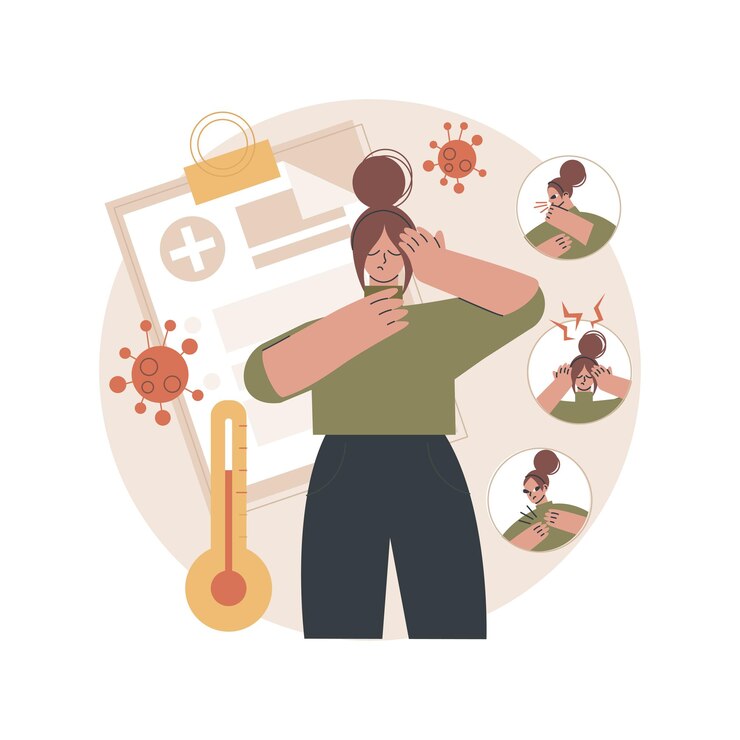
Atopic Dermatitis: Causes, Symptoms, and Treatment Options
Do you sometimes feel like your skin has a mind of its own, getting all itchy and irritated for no apparent reason?
If so, you might be dealing with atopic dermatitis, also known as eczema. But fret not, understanding what causes it, recognizing its symptoms, and exploring treatment options can help you manage this pesky skin condition more effectively.
What Causes Atopic Dermatitis?
Atopic dermatitis isn’t picky – it can affect anyone, young or old. While the exact cause isn’t fully understood, it’s believed to involve a combination of genetic, environmental, and immune system factors. If you have a family history of eczema, asthma, or allergies, you might be more likely to develop atopic dermatitis.
Symptoms to Look Out For
So, how do you know if you’re dealing with atopic dermatitis? Keep an eye out for these common symptoms:
- Itchy Skin: The itching can be intense and often worsens at night, making it difficult to get a good night’s sleep.
- Redness and Inflammation: Your skin may appear red, swollen, and irritated, especially in areas like the face, hands, elbows, and knees.
- Dry, Scaly Patches: Atopic dermatitis can cause dry patches of skin that may be rough, cracked, or even oozing in severe cases.
- Blisters or Crusts: Sometimes, small blisters or crusts may form on the skin, particularly during flare-ups of the condition.
Treatment Options
While there’s no cure for atopic dermatitis, there are several ways to manage its symptoms and reduce flare-ups:
- Moisturize Regularly: Keeping your skin well-hydrated with moisturizers can help alleviate dryness and itching.
- Avoid Triggers: Identify and avoid triggers that worsen your symptoms, such as certain fabrics, harsh soaps, and extreme temperatures.
- Topical Treatments: Over-the-counter or prescription creams and ointments containing corticosteroids or calcineurin inhibitors can help reduce inflammation and itching.
- Antihistamines: Taking oral antihistamines can help relieve itching and improve sleep quality, particularly if itching is keeping you awake at night.
Conclusion
Living with atopic dermatitis can be challenging, but with the right approach, you can manage your symptoms and improve your quality of life. By understanding the causes, recognizing the symptoms, and exploring treatment options, you can take control of your skin health and keep flare-ups at bay.
To seek medical advice, always consult a Doctor. Here are our recommended EXPERTS. Click here
To read more on SKIN. Click Here


